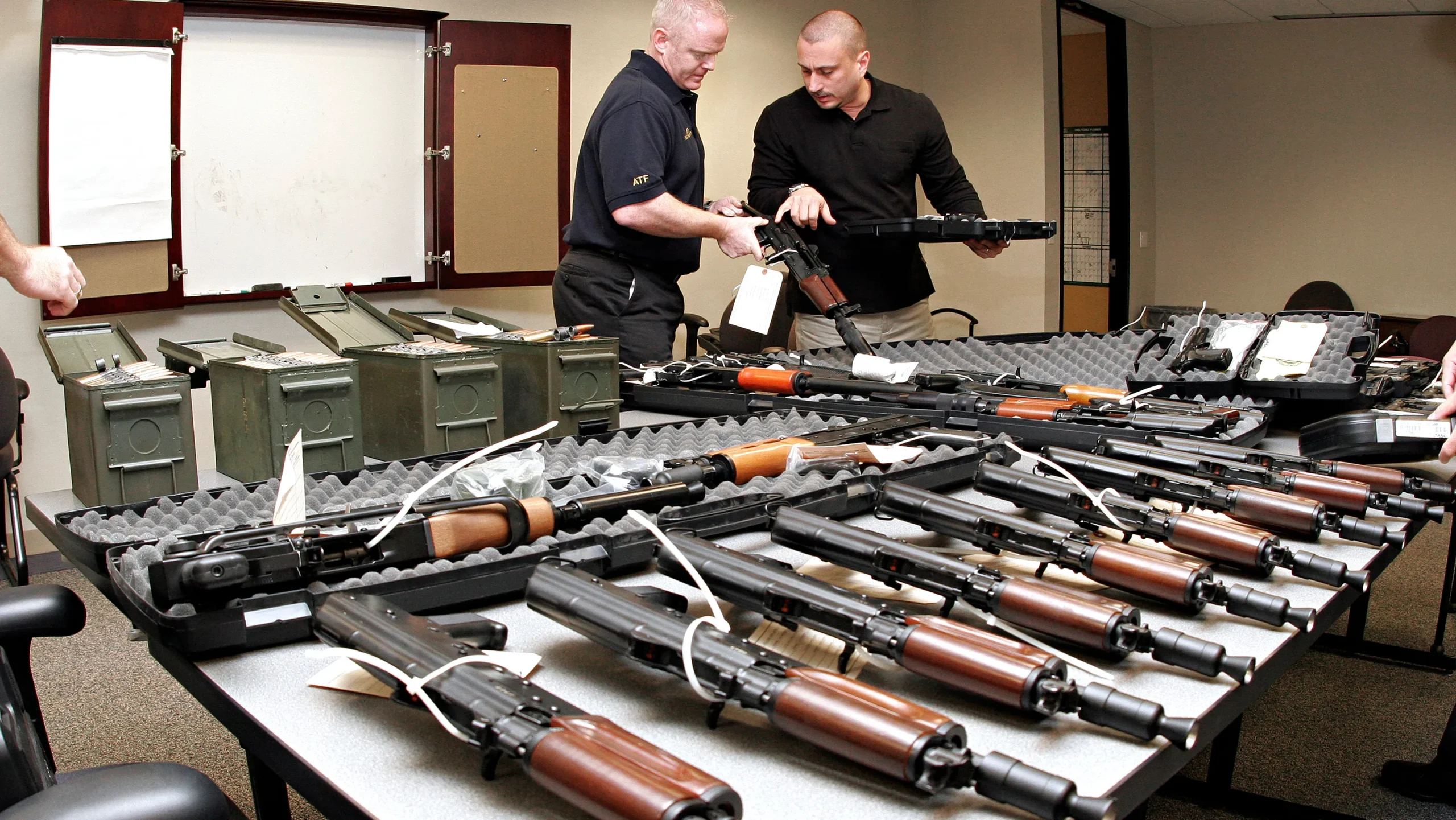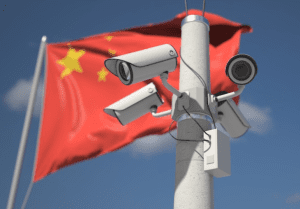In a landmark ruling on Thursday, the U.S. Supreme Court unanimously struck down Mexico’s lawsuit against American gun manufacturers Smith & Wesson and distributor Interstate Arms, effectively ending the legal challenge that accused them of aiding illegal arms trafficking to Mexican drug cartels.

Court Protects Gun Industry From Foreign Claims
The justices overturned a previous ruling from the First Circuit Court of Appeals, which had allowed the case to proceed based on plausible allegations that the companies aided and abetted unlawful gun sales that fueled violence across the U.S.-Mexico border.
Writing for the court, Justice Elena Kagan stated:
“Mexico’s complaint does not plausibly plead that Smith & Wesson or Interstate Arms directly aided illegal sales.”
At the heart of the dispute was the Protection of Lawful Commerce in Arms Act (PLCAA), a 2005 U.S. law that shields gunmakers from liability when their firearms are used in crimes. The court agreed with Smith & Wesson and Interstate Arms that the PLCAA applies in this case, halting Mexico’s efforts to seek damages and structural reforms.
Mexico’s Allegations of Firearms Trafficking
Filed in Boston in 2021, Mexico’s lawsuit argued that the companies maintained a distribution system that allowed guns to flow through “straw purchasers”—people who buy firearms on behalf of cartels and traffickers. The Mexican government also alleged that military-style firearms were deliberately marketed to appeal to criminal organizations, fueling a crisis of violence in Mexico.
The suit sought monetary damages and demanded the companies take action to stop further trafficking. Mexico had blamed these U.S.-origin weapons for a significant rise in gun violence, loss of life, and declining economic activity due to investor uncertainty in high-conflict regions.
Geopolitical Implications Amid Tense Relations
The decision arrives during a sensitive time in U.S.-Mexico relations, as former President Donald Trump escalates rhetoric over fentanyl trafficking, migrant arrivals, and potential tariffs. Mexico has taken action to stem migrant flows and combat synthetic drug production, yet tensions persist.
This ruling is also likely to affect future international legal strategies involving cross-border crime and corporate accountability. By reinforcing protections for U.S. gunmakers, the court has sent a message that foreign governments may face legal hurdles when seeking reparations through U.S. courts for the international impact of American weapons.










Comments are closed.